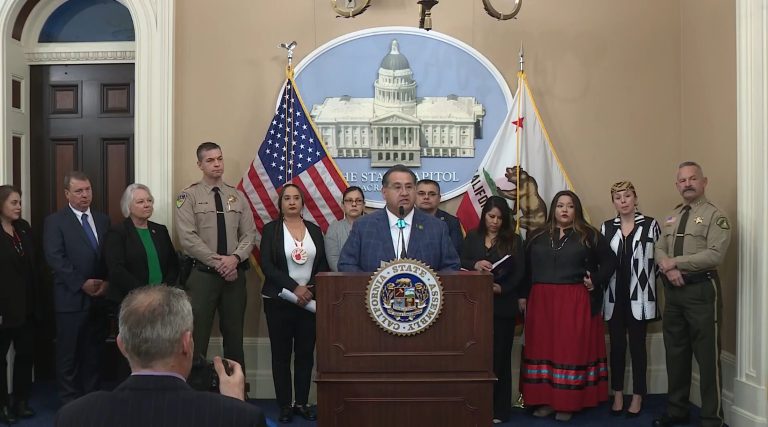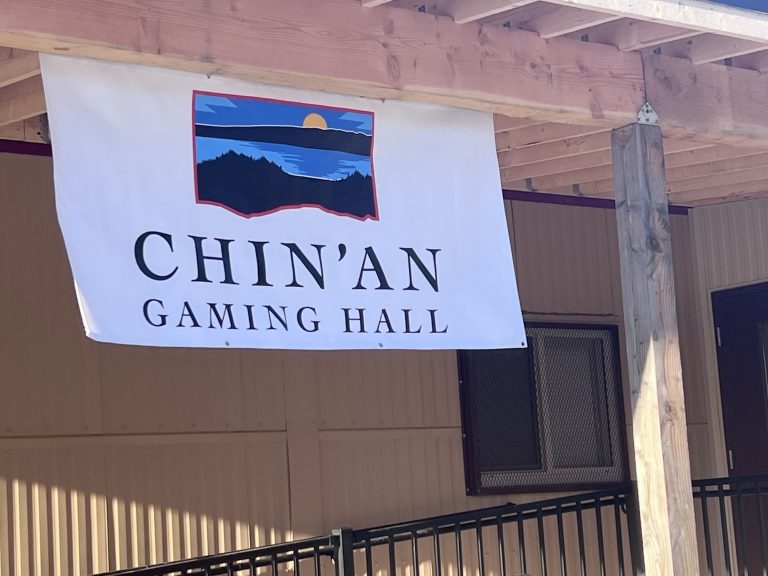Podcast: Play in new window | Download | Embed
Photo courtesy Kawerak
A federal court case that questioned the rights of Alaska Native tribes has received a ruling.
And as KNOM’s Ben Townsend reports, it has the potential to set a precedent for years to come.
Back in 2023, the U.S. Department of Agriculture (USDA) issued roughly $70 million in grant funding to bring high-speed fiber internet access to western Alaska.
That’s good news, right? There was just one major problem.
The two companies, Mukluk Telephone Company, Inc. and Interior Telephone Company, planned projects in the western Alaska villages of Elim and Unalakleet.
And with the projects taking place on tribal land, per the USDA’s own rules, they were required to obtain tribal consent.
According to a joint lawsuit filed by Elim and Unalakleet, the companies sidestepped that requirement.
Instead, they relied on support from the Nome-based tribal consortium, Kawerak, Inc., as proof of consent.
Court documents reveal it was Kawerak itself that raised concerns last year that their support was not a sufficient substitute for tribal consent.
In response, the USDA wrote they “cannot simply undo legal contracts for federal funding which it believed were properly supported and entered into.”
This May, Elim and Unalakleet filed a lawsuit against the USDA’s Rural Utility Service (RUS).
The suit sought to cancel the awards issued to the telecommunications companies and restore the villages’ ability to apply for future broadband funding.
A recent ruling issued by Chief U.S. Magistrate Judge Matthew Scoble denied the villages’ request to cancel the awards. But the judge did rule that the USDA and telecommunications companies “should have obtained tribal consent and that failure to do so is a cognizable injury”.
An attorney representing Elim and Unalakleet called the ruling “a huge vindication of Tribal sovereign rights”.
While Mukluk and Interior will be able to move forward with the broadband project, the ruling sets an important precedent for future cases involving tribal consent.
A Tlingit man and Oregon resident has gone viral for saving a barred owl from a highway overpass.
KLCC’s Brian Bull has the story.
Pattrick Price is an artist and dad living in Eugene, Oreg.
He stands under the highway bridge where on the night of December 19, he spotted an owl on the busy roadway.
“My immediate reaction was just to pull right over and turn my hazards on. I jumped out of the car into traffic, and ran over and scooped the owl up.”
Price said the owl was likely in shock, so acted calmly as he drove it home.
At last check, a video of Price and his feathered passenger has received more than 67,000 views on Facebook.
“And I was talking calmly to it like, ‘Hey, we’re in this together. I value my face, and I know you value your life, so let’s do this calmly.’ It’s not recommended that you have too much human interaction with a bird of prey like this, a wild animal, but in this case it just crawled up onto my shoulder while I was driving.”
Price took the barred owl to the Cascades Raptor Center, where the intake staff said the bird appeared to have suffered head trauma. But the good news is that it looks like it will recover, and soon be released back into the wild.
Price says he felt compelled to do the right thing, after hundreds of other drivers zipped by the owl that blustery night.
“Ancestors are looking over us, and that might have been a call-in from one our ancestors. In a lot of cultures, they see owls as a bad omen. But I don’t see them as a bad omen, I see them as caretakers of our people. They eat the rats and the mice, and the things scurrying around. Y’know, they’re out there, living. We’re living too.”
Price said this is the second time he’s rescued a raptor.
The first time happened several years back when he lived in Alaska.
He advises people to be considerate and present when encountering injured wildlife.
Get National Native News delivered to your inbox daily. Sign up for our daily newsletter today.



